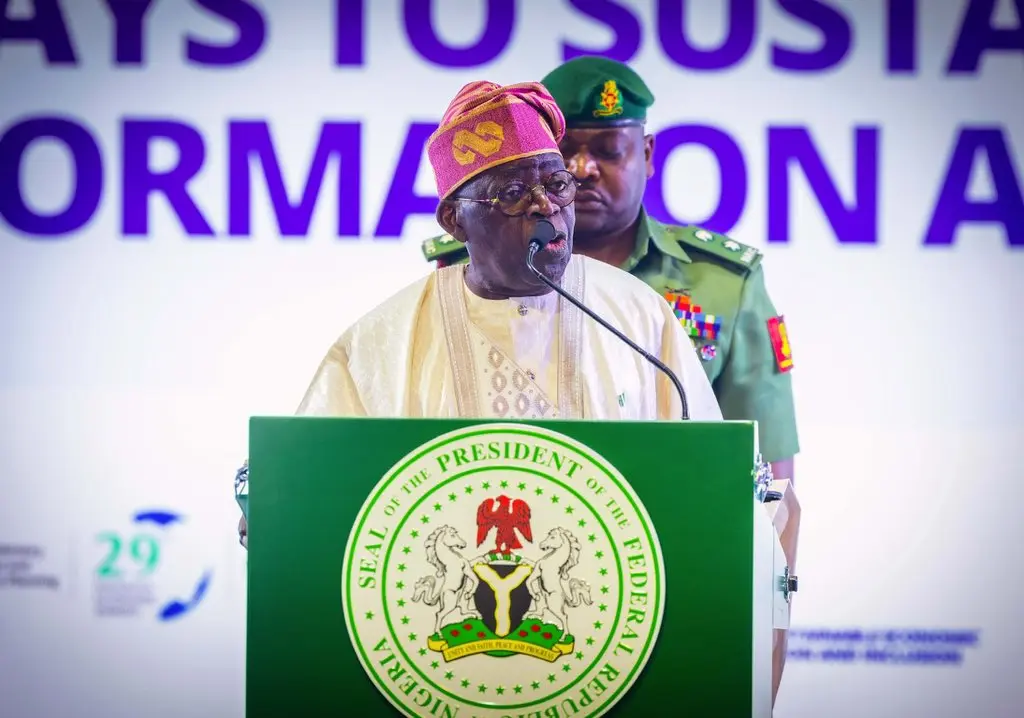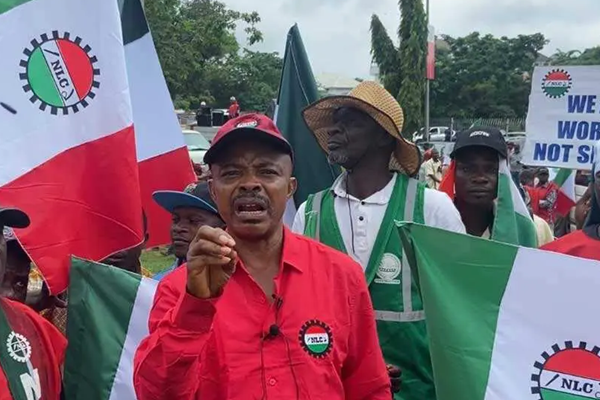In the wake of the brutal massacre of over 200 civilians in Yelwata, Benue State, President Bola Ahmed Tinubu paid a sorrowful visit to the state on Tuesday, vowing to confront the crisis head-on and bring perpetrators to justice.
The President, who addressed Benue stakeholders at a town hall meeting in Makurdi, described the killings as unacceptable and warned that if land-grabbing was the motive behind the persistent attacks by armed herdsmen, it would be confronted decisively.
“We were not elected to bury people and have orphans and orphanages. We must build peace. If this is about land grabbing, we must confront it,” Tinubu said.
Presidential Directives: Immediate Action and a Committee for Peace
In a direct and stern order, President Tinubu charged Inspector-General of Police Kayode Egbetokun and Chief of Defence Staff Gen. Christopher Musa to immediately arrest those responsible for the carnage. He also called on the Department of State Services (DSS) and the National Intelligence Agency (NIA) to intensify surveillance and provide actionable intelligence.
“Inspector-General of Police, where are the arrests? The criminals must be arrested immediately,” he declared, demanding swift accountability.
Additionally, Tinubu announced the constitution of a Committee of Elders to find lasting peace. The committee will include:
- Former Governors of Benue State
- Non-indigenes residing in the state
- The Tor Tiv, Prof. James Ayatse
- The Och’Idoma, and other respected traditional rulers
The committee is to meet in Abuja to chart a path forward.
“This Is Not the Kind of Visit I Wanted” — Tinubu
President Tinubu also visited survivors of the massacre at the Benue State University Teaching Hospital, describing the scene as heart-wrenching. He explained that his planned trip to Yelwata was aborted due to heavy rains and poor road conditions, but assured residents that redevelopment of the affected communities would be prioritised.
“This is not the kind of visit I wanted. I want to commission projects, not console victims. But I am ready to invest in peace and convert this tragedy into a roadmap for prosperity,” he added.
Traditional Rulers Demand Clarity, Justice
In a powerful message, the Tor Tiv, HRM Orchivirigh Prof. James Ayatse, urged Tinubu to address the situation with the urgency it deserves. He dismissed the often-used labels such as herder-farmer clashes or communal conflict, calling the killings what they are — “a calculated, full-scale genocidal invasion and land-grabbing campaign.”
“It is not a reprisal. It is not communal. It is terrorism. Benue people are being killed in their sleep and driven from ancestral lands,” the monarch declared.
He also warned against political actors allegedly seeking to exploit the crisis for personal gain, including rumours of those hoping to declare a state of emergency in Benue.
Governor Alia: "We Are Grieving but Hopeful"
Benue State Governor, Rev. Fr. Hyacinth Alia, thanked President Tinubu for becoming the first sitting Nigerian President to visit the state in direct response to its security crisis.
“Even in our grief, your visit reignites our hope. We trust that the security architecture will be restructured and that our people will no longer be subjected to such barbarity,” he said.
He also renewed calls for state police, urging the Federal Government to urgently develop a framework to implement it and address security challenges closer to the grassroots.
Humanitarian Crisis in Nasarawa: Over 3,000 IDPs in Despair
In neighbouring Nasarawa State, the humanitarian fallout from the Yelwata massacre has seen over 3,000 Internally Displaced Persons (IDPs) flood into makeshift camps across Kadarko, Agyaragu, Idadu, and Kpata.
According to the Nasarawa State Emergency Management Agency (NASEMA), many of the IDPs are women and children, currently enduring harsh conditions, sleeping on bare floors, and struggling with hunger, malaria, and poor sanitation.
“We left everything behind. We have no food, no beds, and mosquito bites won’t let us sleep,” lamented Mary Iyorhe, one of the displaced women at the Agyaragu camp.
The camps are overcrowded, under-resourced, and demand urgent attention, with NASEMA calling on government agencies and humanitarian organisations to intervene quickly.
Conclusion: Will Tinubu’s Visit Mark a Turning Point?
President Tinubu’s visit to Benue signals a notable shift in federal response to the festering crisis. His tough rhetoric, directive for arrests, and formation of a peace committee suggest a new level of seriousness. However, residents of Benue — who have endured years of unchecked violence — remain cautious.
For the thousands now languishing in displacement camps, peace is not just a slogan — it is survival. As the President said, “We must build, we must deliver, and we must do it together.”
Whether these words translate into action will be the true test of leadership — and history will remember either way.




